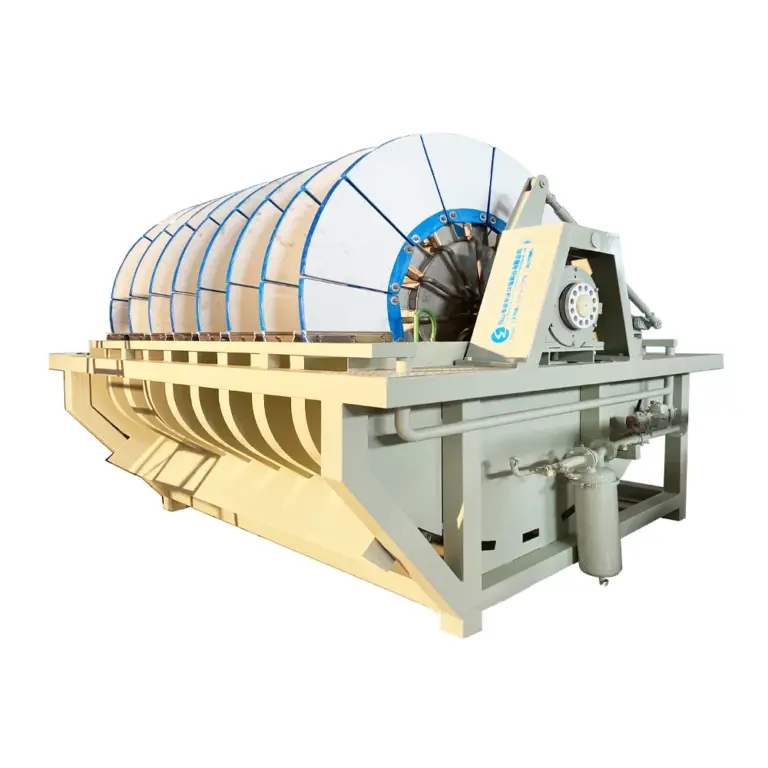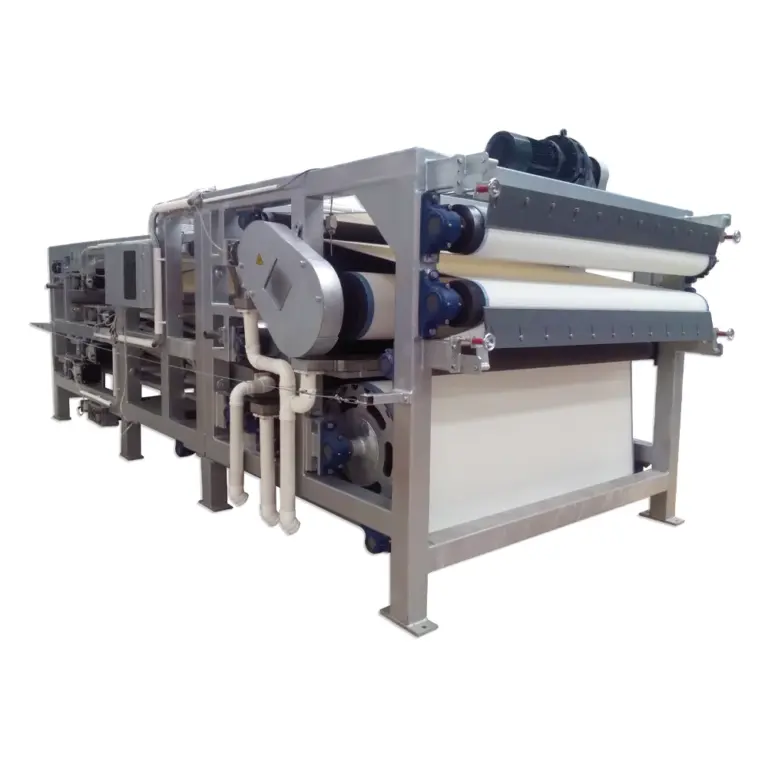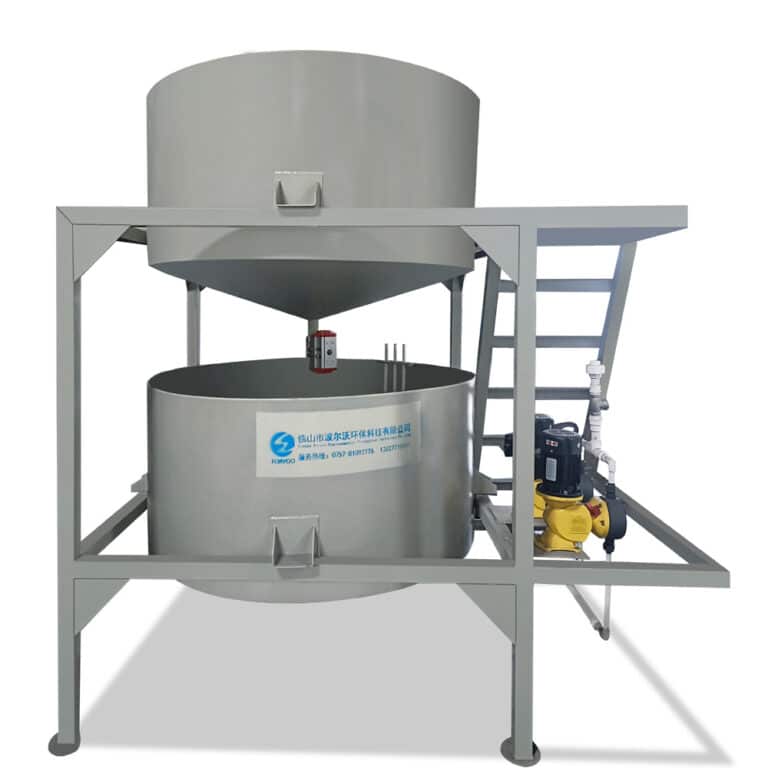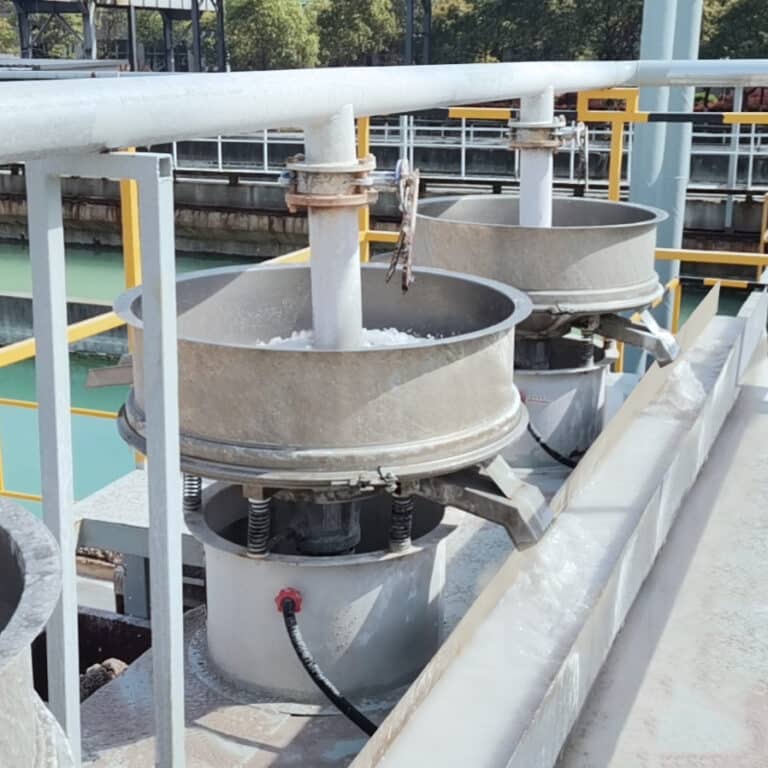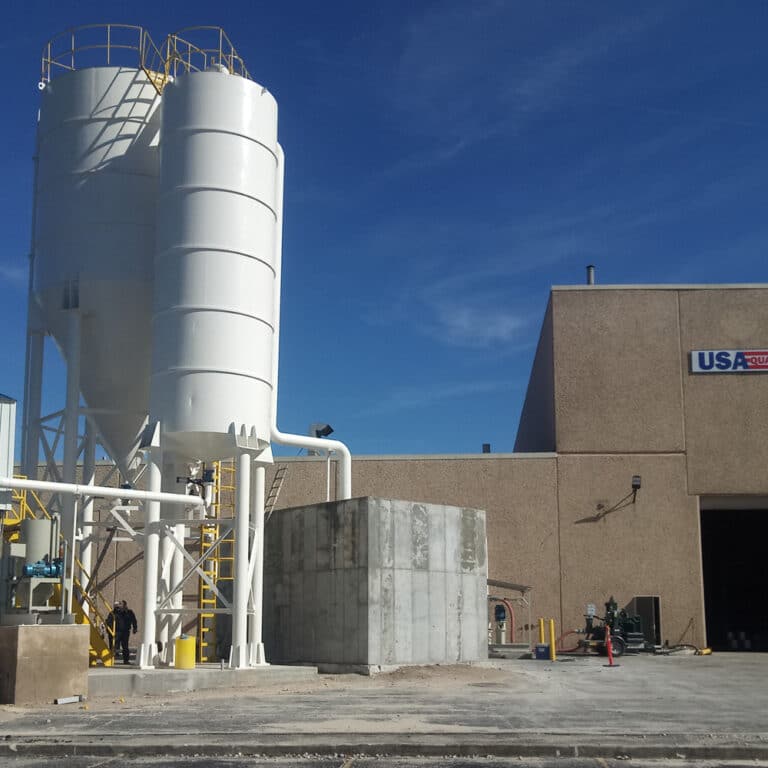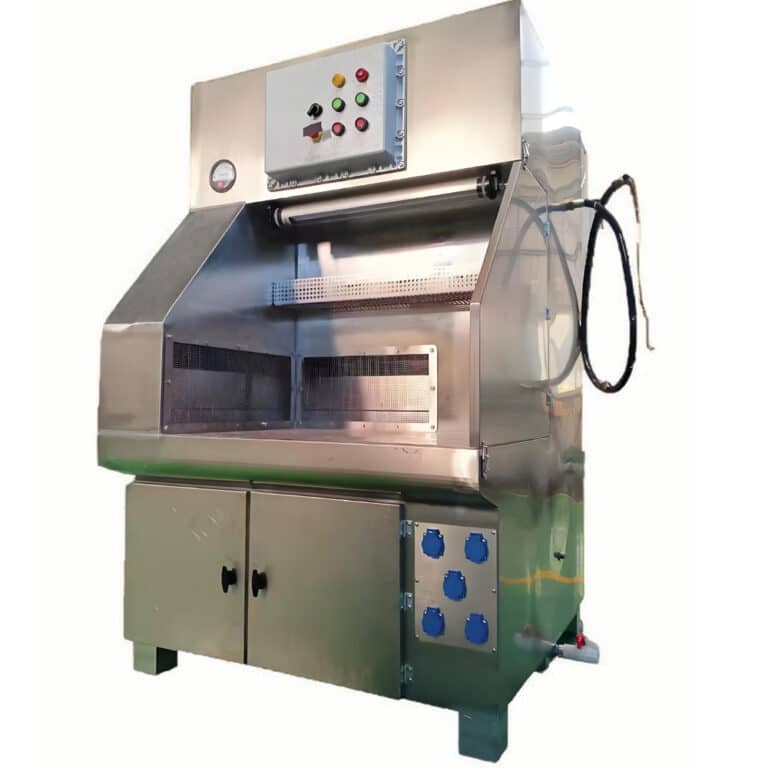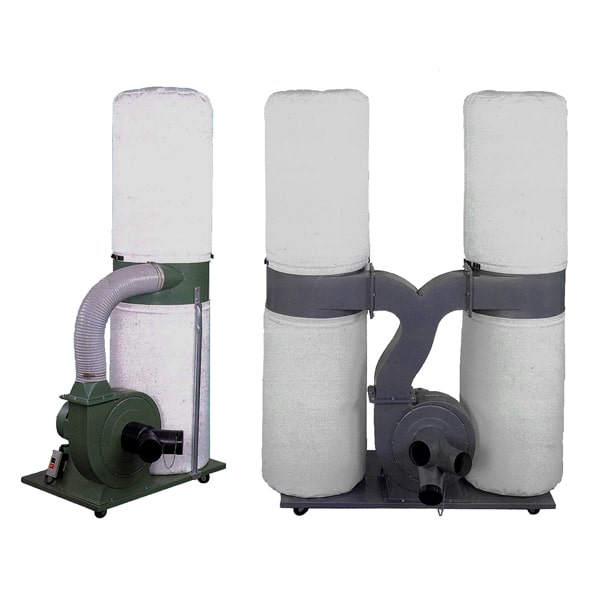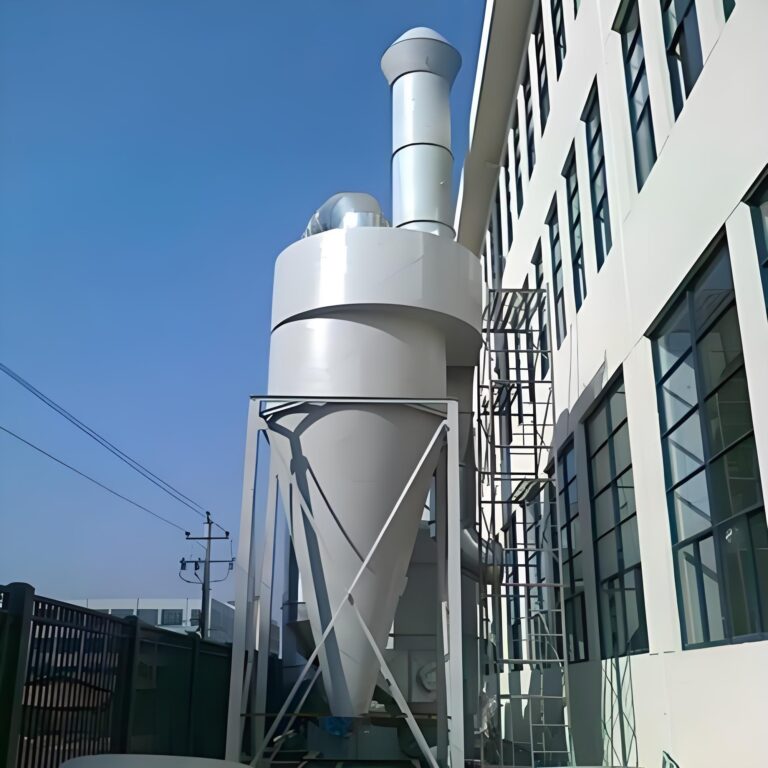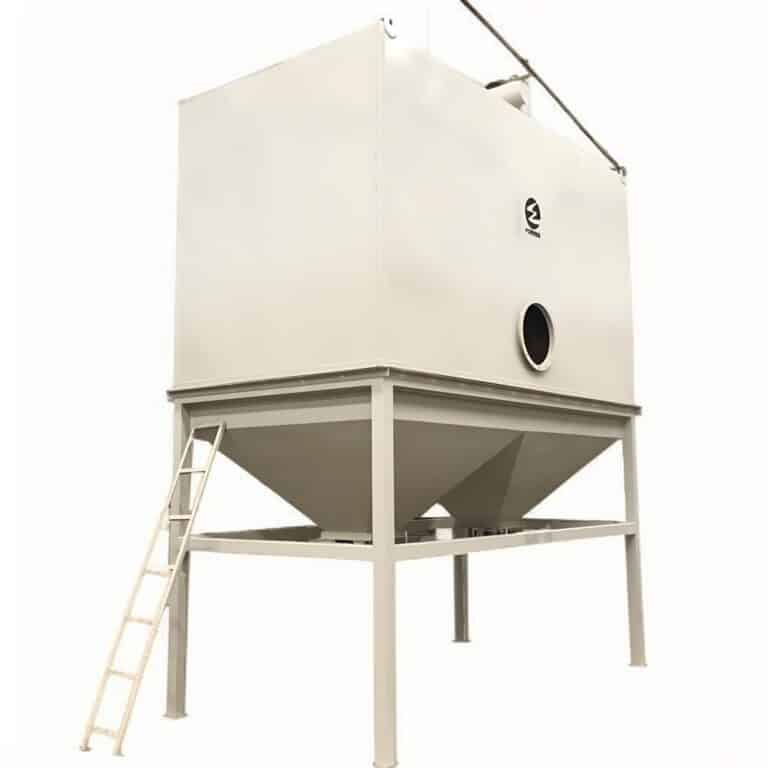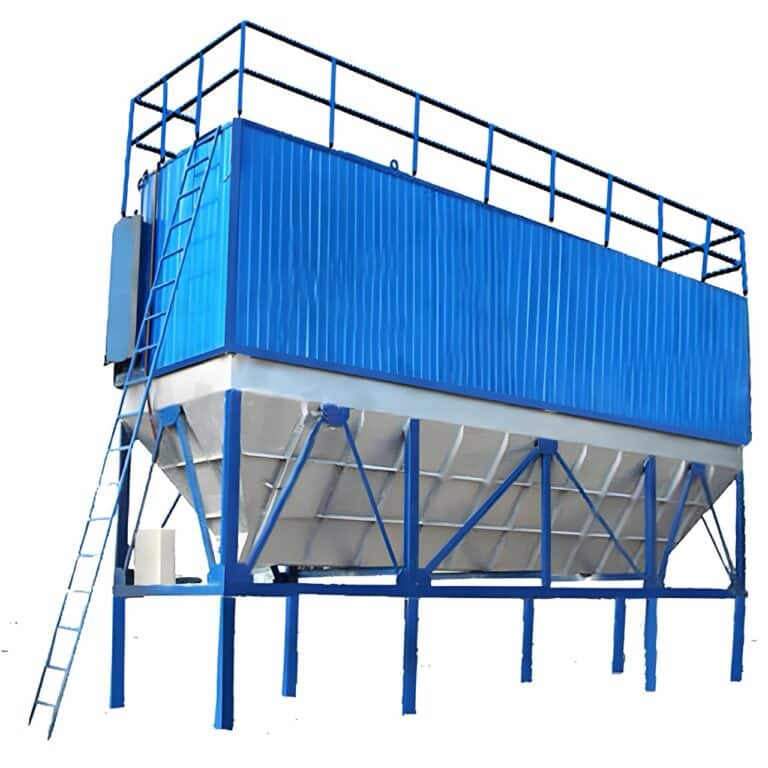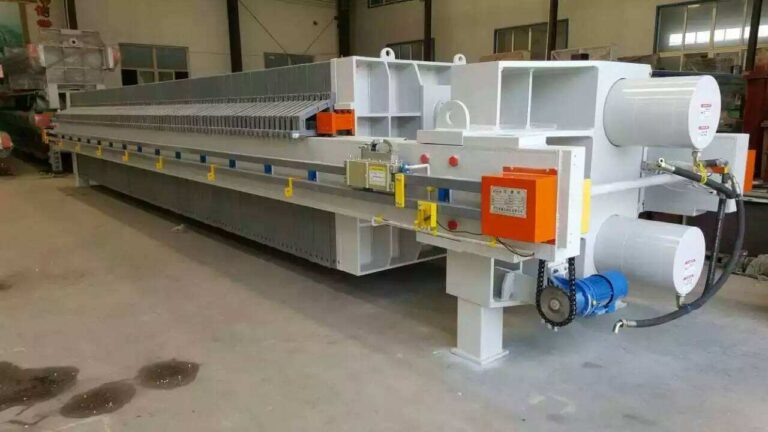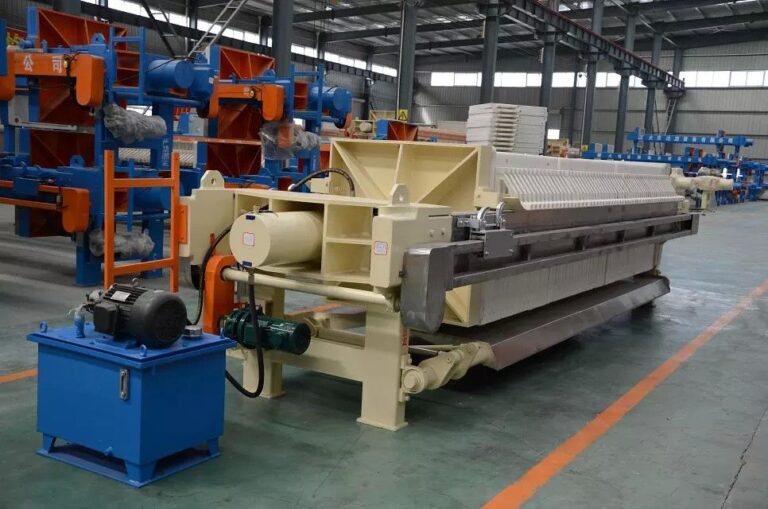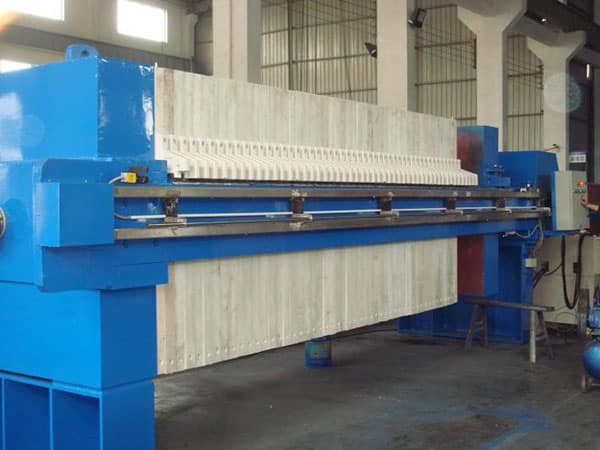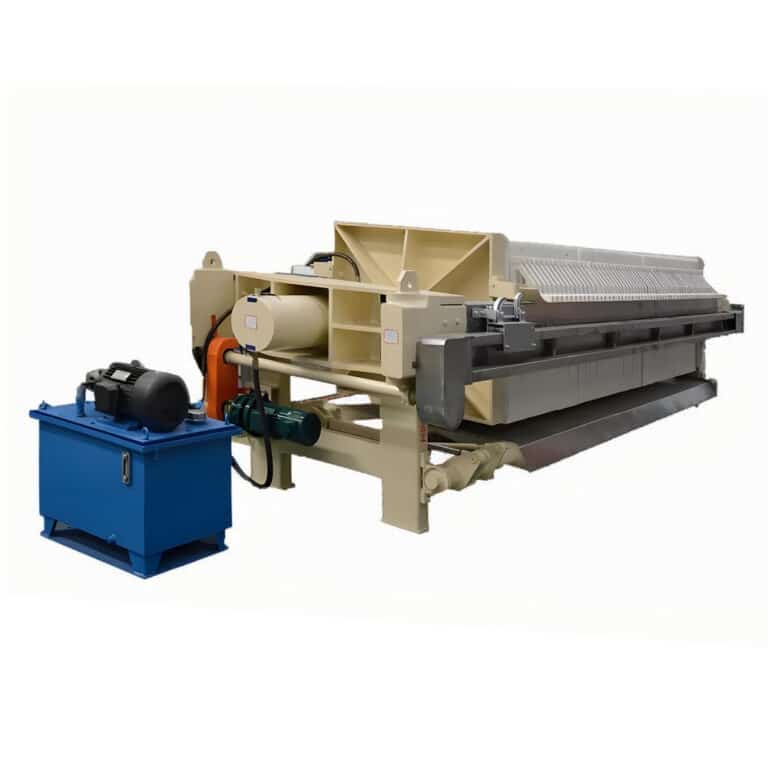In the ever-evolving landscape of industrial filtration, high-speed fully automatic filter press technology has emerged as a game-changer. This cutting-edge innovation has revolutionized the way industries handle solid-liquid separation, offering unprecedented efficiency and productivity. As companies strive to optimize their processes and reduce operational costs, the demand for faster, more reliable filtration solutions has never been higher.
The advent of high-speed filter presses has addressed many of the challenges faced by traditional filtration methods. These advanced systems combine sophisticated automation, robust hydraulics, and intelligent design to dramatically reduce cycle times and increase throughput. From wastewater treatment to mineral processing, the applications of this technology are as diverse as they are impactful.
As we delve deeper into the world of high-speed fully automatic filter press technology, we'll explore its core components, operational principles, and the myriad benefits it brings to various industries. We'll examine how these systems are transforming production lines, improving product quality, and contributing to more sustainable industrial practices.
"High-speed fully automatic filter press technology represents a quantum leap in solid-liquid separation efficiency, offering up to 50% reduction in cycle times compared to conventional filter presses."
This claim, backed by industry data and user testimonials, underscores the transformative potential of high-speed filter presses. But what exactly makes these systems so revolutionary, and how are they reshaping industrial filtration as we know it?
What are the key components of a high-speed filter press?
At the heart of every high-speed filter press lies a sophisticated array of components working in perfect harmony. These elements are carefully engineered to maximize efficiency and minimize downtime, setting these systems apart from their conventional counterparts.
The key components typically include high-pressure hydraulic systems, rapid plate shifters, advanced control systems, and specially designed filter plates. Each of these elements plays a crucial role in achieving the high-speed operation that defines these presses.
One of the most critical components is the hydraulic system, which provides the power necessary for rapid plate movement and high-pressure filtration. PORVOO, a leading manufacturer in this field, has developed proprietary hydraulic technology that enables their presses to achieve operating pressures of up to 30 bar, significantly enhancing filtration efficiency.
"Advanced hydraulic systems in high-speed filter presses can reduce plate shifting time by up to 75%, dramatically decreasing overall cycle times."
| Component | Function | Impact on Speed |
|---|---|---|
| Hydraulic System | Provides power for plate movement and filtration | 75% reduction in plate shifting time |
| Rapid Plate Shifters | Automates plate separation and cake discharge | 50% decrease in cake discharge time |
| Advanced Control Systems | Optimizes press operation and monitors performance | 30% improvement in overall cycle efficiency |
| Specialized Filter Plates | Enhances filtration area and cake release | 25% increase in filtration capacity |
The synergy between these components results in a filtration system that not only operates at high speeds but also maintains exceptional filtration quality. This combination of speed and precision is what makes high-speed filter presses invaluable across various industries.
How does automation enhance filter press performance?
Automation is the cornerstone of high-speed filter press technology, transforming what was once a labor-intensive process into a streamlined, efficient operation. By integrating advanced control systems and sensors, these presses can operate with minimal human intervention, maximizing uptime and consistency.
The automation in high-speed filter presses extends beyond simple on/off controls. These systems incorporate sophisticated algorithms that continuously optimize the filtration process based on real-time data. From adjusting pressure levels to fine-tuning cycle times, the automated controls ensure that the press operates at peak efficiency under varying conditions.
One of the most significant advantages of automation is the ability to implement predictive maintenance strategies. By continuously monitoring key performance indicators, the system can alert operators to potential issues before they lead to downtime. This proactive approach not only enhances reliability but also extends the lifespan of the equipment.
"Fully automated high-speed filter presses can achieve operational efficiencies of up to 98%, with some systems capable of running continuously for weeks without manual intervention."
| Automation Feature | Benefit | Efficiency Gain |
|---|---|---|
| Real-time Process Optimization | Adapts to changing feed conditions | 15-20% increase in throughput |
| Predictive Maintenance | Reduces unplanned downtime | 30-40% decrease in maintenance costs |
| Automated Cake Discharge | Eliminates manual labor | 50-60% reduction in labor costs |
| Remote Monitoring | Enables 24/7 oversight | 10-15% improvement in overall efficiency |
The High-speed filter press from PORVOO exemplifies the power of automation in filtration technology. Its advanced control system not only optimizes the filtration process but also provides comprehensive data analytics, allowing operators to make informed decisions and continuously improve their processes.
What role does pressure play in high-speed filtration?
Pressure is a critical factor in the performance of high-speed filter presses, directly influencing filtration speed, cake moisture content, and overall efficiency. Unlike traditional filter presses that operate at relatively low pressures, high-speed systems leverage advanced hydraulics to achieve significantly higher operating pressures.
The ability to maintain high pressure throughout the filtration cycle is what sets these presses apart. By applying greater force to the slurry, high-speed presses can achieve faster liquid separation and produce drier filter cakes. This not only accelerates the filtration process but also improves the quality of the end product.
It's important to note that the relationship between pressure and filtration speed is not linear. There's an optimal pressure range for each application, beyond which further increases may yield diminishing returns or even negatively impact performance. This is where the expertise of manufacturers like PORVOO comes into play, fine-tuning their systems to achieve the perfect balance of pressure and efficiency.
"High-speed filter presses operating at pressures of 15-30 bar can reduce cake moisture content by up to 40% compared to conventional presses, while simultaneously decreasing filtration time."
| Operating Pressure (bar) | Typical Cake Moisture Reduction | Filtration Time Reduction |
|---|---|---|
| 5-10 (Conventional) | Baseline | Baseline |
| 10-15 | 15-20% | 20-30% |
| 15-20 | 25-30% | 30-40% |
| 20-30 | 35-40% | 40-50% |
The ability to operate at these high pressures requires not only robust hydraulic systems but also specially designed filter plates and frames. PORVOO's high-speed filter presses incorporate proprietary plate designs that can withstand these extreme pressures while maintaining optimal filtration efficiency.
How do high-speed filter presses impact product quality?
The impact of high-speed filter presses on product quality is profound and multifaceted. By accelerating the filtration process and applying higher pressures, these systems can produce filter cakes with significantly lower moisture content. This not only improves the quality of the final product but also reduces downstream processing requirements.
In industries such as mining and chemical manufacturing, where the purity and consistency of filtered materials are paramount, high-speed filter presses offer unparalleled performance. The ability to achieve more thorough solid-liquid separation results in higher-grade products and reduced impurities.
Moreover, the precise control afforded by automated systems ensures consistent quality across batches. This level of reliability is crucial in industries with strict quality control requirements, such as pharmaceuticals and food processing.
"High-speed filter presses can achieve filtrate clarity levels of up to 99.9%, surpassing industry standards and enabling the production of higher-value products."
| Industry | Quality Improvement | Economic Impact |
|---|---|---|
| Mining | 15-20% increase in mineral recovery | $1-2 million annual revenue increase per press |
| Chemical | 10-15% reduction in product impurities | 20-30% increase in product value |
| Wastewater | 30-40% reduction in sludge volume | 40-50% decrease in disposal costs |
| Food & Beverage | 25-30% improvement in filtrate clarity | 15-20% increase in product shelf life |
The PORVOO high-speed filter press, with its advanced filtration technology, has been instrumental in helping companies across various industries achieve these quality improvements. By providing a more efficient and effective filtration solution, PORVOO enables its clients to produce higher-quality products while simultaneously reducing operational costs.
What maintenance considerations are unique to high-speed filter presses?
While high-speed filter presses offer numerous advantages, they also come with specific maintenance considerations that are crucial for ensuring long-term performance and reliability. The high-pressure operation and rapid cycling of these systems place increased stress on components, necessitating a proactive approach to maintenance.
One of the primary considerations is the regular inspection and replacement of filter cloths. The high-speed operation can accelerate wear on these critical components, potentially leading to reduced filtration efficiency or even system failures if not addressed promptly. Many modern high-speed presses incorporate easy-access designs to facilitate quick cloth changes, minimizing downtime.
Hydraulic systems, being the powerhouse of high-speed presses, require particular attention. Regular oil analysis and replacement, along with careful monitoring of seals and valves, are essential to maintain optimal performance and prevent costly breakdowns.
"Implementing a comprehensive preventive maintenance program for high-speed filter presses can reduce unplanned downtime by up to 80% and extend the operational life of the equipment by 25-30%."
| Maintenance Task | Frequency | Impact on Performance |
|---|---|---|
| Filter Cloth Inspection | Daily | Ensures consistent filtration quality |
| Hydraulic Oil Analysis | Monthly | Prevents system failures and optimizes pressure |
| Plate Alignment Check | Quarterly | Maintains optimal sealing and prevents leaks |
| Control System Update | Annually | Enhances automation efficiency and adapts to new requirements |
PORVOO's high-speed filter presses are designed with maintenance in mind, featuring modular components that can be easily accessed and replaced. Additionally, their advanced monitoring systems provide real-time data on equipment health, allowing for predictive maintenance strategies that further reduce downtime and maintenance costs.
How do high-speed filter presses contribute to sustainability?
In an era where environmental considerations are at the forefront of industrial decision-making, high-speed filter presses emerge as a powerful tool for enhancing sustainability. These advanced systems contribute to more eco-friendly operations through several key mechanisms.
Firstly, the increased efficiency of high-speed presses translates directly into energy savings. By reducing cycle times and improving filtration effectiveness, these systems require less energy per unit of product processed. This not only reduces the carbon footprint of operations but also leads to significant cost savings over time.
Secondly, the ability to produce drier filter cakes has a cascading effect on sustainability. Drier cakes mean less material needs to be transported and processed further, reducing transportation emissions and energy consumption in downstream processes. In industries like mining and wastewater treatment, this can lead to substantial reductions in overall environmental impact.
"High-speed filter presses can reduce energy consumption by up to 40% compared to traditional filtration methods, while simultaneously decreasing waste volume by 30-50%."
| Sustainability Metric | Improvement | Environmental Impact |
|---|---|---|
| Energy Consumption | 30-40% reduction | Lower carbon emissions |
| Waste Volume | 30-50% decrease | Reduced landfill usage |
| Water Recovery | 85-95% efficiency | Conservation of water resources |
| Chemical Usage | 20-30% reduction | Decreased environmental contamination |
PORVOO's commitment to sustainability is evident in their high-speed filter press design, which not only maximizes efficiency but also incorporates features to minimize environmental impact. From energy-efficient hydraulic systems to advanced water recovery capabilities, these presses are engineered with sustainability in mind.
What industries benefit most from high-speed filter press technology?
High-speed filter press technology has found applications across a wide range of industries, revolutionizing filtration processes and delivering significant benefits. While the technology is versatile, certain sectors have seen particularly transformative impacts.
The mining industry, for instance, has embraced high-speed filter presses for their ability to handle large volumes of slurry and produce drier, more manageable filter cakes. This not only improves mineral recovery rates but also reduces the environmental impact of tailings disposal.
In the chemical manufacturing sector, these presses have become indispensable for their precision and efficiency in separating high-value products from process streams. The ability to achieve high levels of filtrate clarity while maintaining rapid throughput has made them a go-to solution for many chemical producers.
Wastewater treatment is another field where high-speed filter presses have made significant inroads. Their capacity to rapidly dewater sludge and produce compact, easily disposable filter cakes has helped municipalities and industrial facilities dramatically reduce their waste management costs and environmental footprint.
"Adoption of high-speed filter press technology in the mining industry has led to a 15-20% increase in mineral recovery rates and a 30-40% reduction in tailings volume, resulting in both economic and environmental benefits."
| Industry | Primary Benefit | ROI Timeframe |
|---|---|---|
| Mining | Improved mineral recovery | 12-18 months |
| Chemical Manufacturing | Higher product purity | 6-12 months |
| Wastewater Treatment | Reduced disposal costs | 18-24 months |
| Food & Beverage | Enhanced product quality | 9-15 months |
| Pharmaceuticals | Increased production efficiency | 12-18 months |
PORVOO's high-speed filter presses have been successfully deployed across these industries and more, with each installation customized to meet the specific needs of the application. The versatility and adaptability of their technology have made PORVOO a trusted partner for companies looking to optimize their filtration processes.
In conclusion, high-speed fully automatic filter press technology represents a significant leap forward in industrial filtration. By combining advanced automation, high-pressure operation, and intelligent design, these systems offer unparalleled efficiency, product quality, and sustainability benefits. From reducing cycle times and energy consumption to improving product purity and minimizing waste, the impact of this technology is far-reaching and transformative.
As industries continue to seek ways to optimize their processes and reduce their environmental footprint, high-speed filter presses stand out as a key solution. The ability to handle increasing production volumes while maintaining high standards of quality and efficiency makes these systems an invaluable asset in today's competitive industrial landscape.
Companies like PORVOO are at the forefront of this technological revolution, continuously innovating to push the boundaries of what's possible in filtration technology. As we look to the future, it's clear that high-speed filter presses will play an increasingly crucial role in shaping more efficient, sustainable, and productive industrial processes across a wide range of sectors.
The adoption of high-speed filter press technology is not just a trend but a necessary evolution for industries looking to stay competitive and environmentally responsible. As the technology continues to advance, we can expect even greater improvements in efficiency, automation, and sustainability, further cementing the role of high-speed filter presses as an indispensable tool in modern industrial filtration.
External Resources
- THE WORLD'S FASTEST PLATES FILTER PRESSES – TECHNOLOGICALLY ADVANCED – This page from Matec Industries discusses their high-speed filter presses, which utilize High Pressure Technology (HPT) to achieve operating pressures of up to 21 bar, resulting in highly compact sludge with low residual moisture.
- Understanding Industrial Filter Presses and Their Applications – Although not exclusively focused on high-speed filter presses, this article from Jingji Equipment provides a comprehensive overview of industrial filter presses, including their applications and how they can be optimized for high-speed operations.
- The filter press machine for solid-liquid separation – MSE Filterpressen – MSE Filterpressen's page highlights their MSE 2FAST unloading technology, which significantly reduces cycle times through fast opening and closing of the filter press, increasing productivity and reducing operating costs.
- Filter press – Wikipedia – The Wikipedia article on filter presses includes a section on fully automatic filter presses, which are designed for high-speed operations. It discusses the use of mechanical "plate shifters" and diaphragm compressors to optimize the filtration process.
- Filter Presses – McLanahan – McLanahan's page on filter presses explains how these machines dewater and separate liquids and solids in a slurry. While not specifically labeled as "high-speed," it details the hydraulic and mechanical components that can be optimized for faster operations.
- High-Speed Filter Presses for Efficient Dewatering – This resource from ANDRITZ, though not directly linked here, typically discusses high-speed filter presses with advanced automation and hydraulic systems that minimize cycle times and maximize productivity in various industrial applications.
- Automatic Filter Presses – Evoqua – Evoqua's page on automatic filter presses describes how these machines use advanced technologies, including high-speed plate shifters and automated controls, to enhance efficiency and reduce downtime in industrial filtration processes.
- High-Pressure Filter Presses – BHS-Sonthofen – BHS-Sonthofen's high-pressure filter presses are designed for demanding applications, featuring advanced hydraulic systems and high-speed operation capabilities that ensure efficient dewatering and minimal maintenance.
